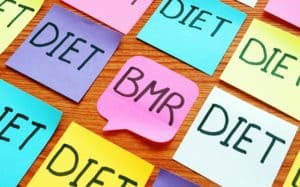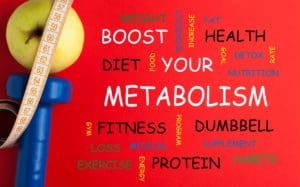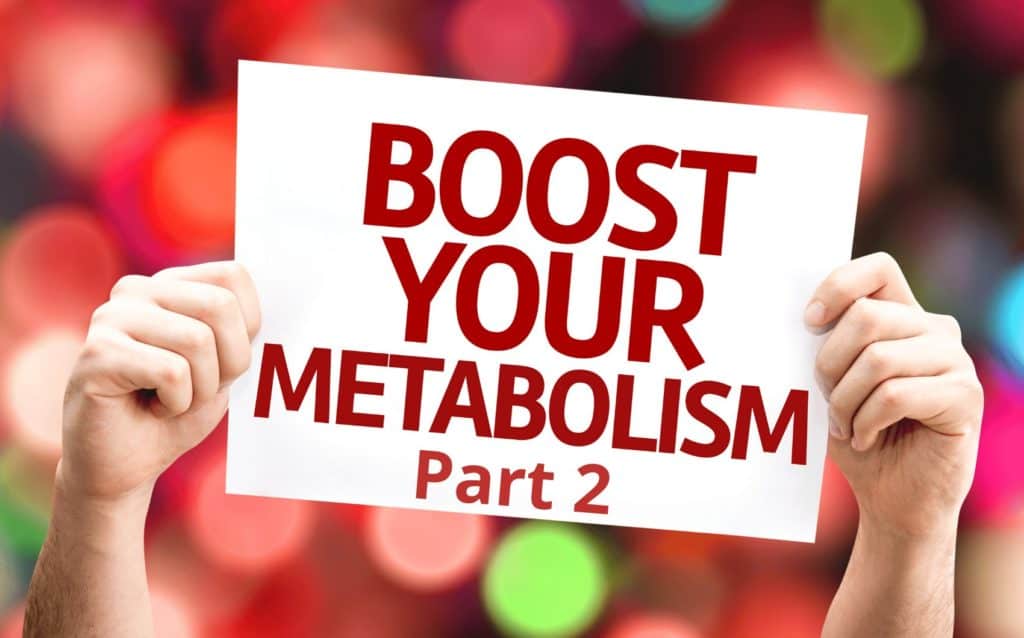Metabolic adaptation – What Happens During Metabolic Adaptation
After weight loss, energy consumption can decrease by up to 50%!
In my first blog article, I mentioned what kind of a phenomenon metabolic adaptation is and how to recognize it.
Now I will tell you a bit more about what kind of processes are behind the physiological background of the phenomenon.
To understand how metabolic adaptation starts, we need to understand what is included in total energy consumption.
Resting metabolic rate
Resting metabolic rate is the energy consumption that the body requires for maintaining physiological processes – blood circulation, breathing, metabolism in the cell-level, brain activity.
It is the amount of energy consumed daily if one lies still in the bed, not eating in a neutral state of mind.
Depending on one’s activity level resting metabolism rate is up to 75% of daily energy consumption, which is the most important process that burns calories for a regular person (~1500 kcal/day).
The more the person eats and exercises a day, the higher the resting metabolic rate is.
In the same way, when losing weight, the resting metabolic rate decreases, especially if exercise doesn’t include strength training.
This is due to the decrease of muscle mass and that strength training has an increasing effect on resting metabolic rate. Good muscle training increases the resting metabolic rate by 4-10% for a day, which is 60-150 kcal/day (1, 2)
The mere loss of muscle mass doesn’t explain the significant decrease of total energy consumption (8 kcal/kg/day for each fat-free kilograms of body weight, so a 100 kg person who has 30 kg fat in their body = 70 x 8 = 560 kcal/day (3)) which means that the energy consumption of the cell-level decreases.
It happens through:
– slowing down of the activating (sympathetic) autonomic nervous system
– decrease in thyroid hormones
– decrease of leptin
– or decrease in insulin
The biggest problem is that even if the weight rises back after a weight loss, the resting metabolic rate can stay low even for years.
Most traditional weight loss programs do not prevent these changes even if it would be a lot easier than fixing them later on.
The biggest mistake dieters make is that weight loss is mainly caused by a significant decrease in caloric intake. The less one eventually eats, the less they lose weight.
Thermic effect of food
The human body can’t use all of the energy it gets from “burning” food. 3% energy from fat, 5-10% energy from carbohydrates, and 20-30% energy from protein is transformed into heat.
However, the macronutrient composition of a diet does not have a significant effect on total energy consumption, although foods high in protein increase energy consumption slightly.
Daily activity
Home chores are important activities that burn calories
Daily activities are the second biggest source of energy consumption for most of us.
This includes all activities that we do daily – job, hobbies, chores, sex, everything but exercise.
During weight loss, the body starts to utilize energy more efficiently, so the same amount of activity consumes fewer calories.
Another thing is a change in subconscious behavior – subconsciously we are more passive after a weight loss to conserve energy.
Exercise
Dieter, take care of your muscle mass!
Since most of us exercise rather moderately, the amount of energy consumption from exercise from total energy consumption is rather small.
Physically active people consume relatively small amounts of energy from exercise compared to their daily activities and resting metabolic rate.
However, exercise has two important roles in total energy consumption – maintaining muscle mass and increasing the resting metabolic rate. Both will be elaborated more in the next section.
Hence, during metabolic adaptation in our body:
The biggest decrease in total energy consumption comes from the decrease in the resting metabolic rate. It is mostly caused by changes in hormones and the nervous system, but also by the significant decrease in muscle mass.
During metabolic adaptation, the body conserves energy, which means that we consume less energy during daily activities than before losing weight, where the amount and level of activities decrease subconsciously.
The less we eat, the less our body works to digest food.
In the next section, I will tell you what to do to prevent and treat metabolic adaptation.
J Appl Physiol (1985). 1993 Oct;75(4):1847-53. Effect of acute resistance exercise on postexercise energy expenditure and resting metabolic rate. Melby C1, Scholl C, Edwards G,
Bullough R. Int J Sport Nutr Exerc Metab. 2000 Mar;10(1):71-81. Effect of acute resistance exercise on postexercise oxygen consumption and resting metabolic rate in young women. Osterberg KL1, Melby CL.
Long-term persistence of adaptive thermogenesis in subjects who have maintained reduced body weight. Rosenbaum M, Hirsch J, Gallagher DA, Leibel RL Am J Clin Nutr. 2008 Oct; 88(4):906-12
More on Metabolic Adaptation
Metabolic Adaptation Quick Links I’ve tried everything but I’m still not losing any weight Metabolic adaptation, part 2 - what happens in the body during metabolic...
How To Undo Metabolic Adaptation And Fix Your Metabolism? 7 Steps. Metabolic Adaptation | Part 3. In the blog text Metabolic adaptation part 1, I discussed what metabolic adaptation is as a...



